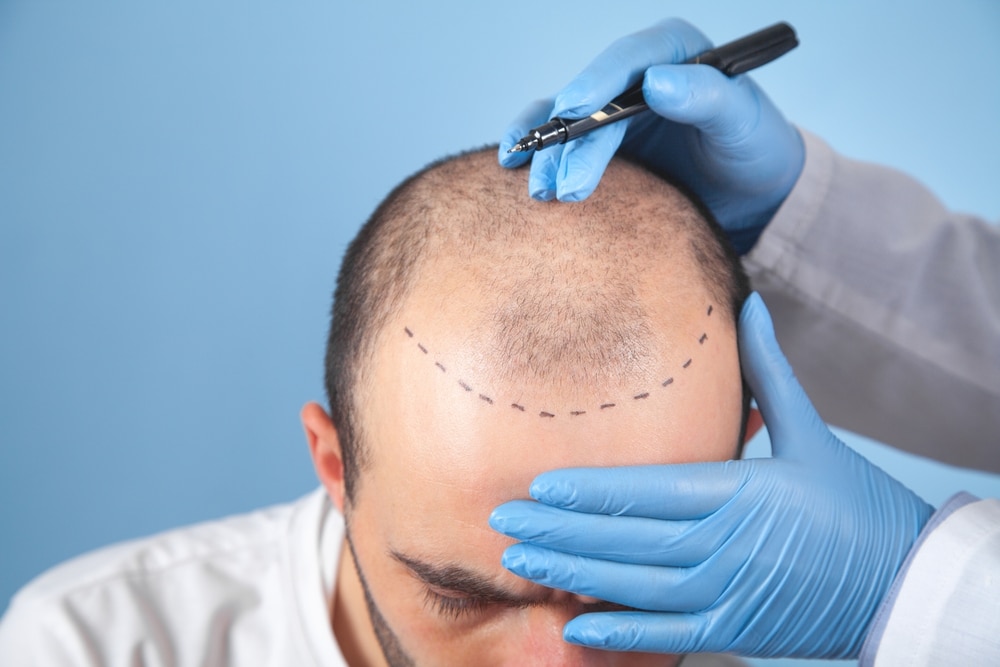Tips To Find The Ideal Surgeon For Your Crown Hair Transplant Surgery
If you’re experiencing hair thinning or balding in the crown area, crown hair transplants can be an incredibly effective restoration tactic. The key to success lies in choosing a proficient surgeon who can deliver the most promising outcomes. This guide aims to help you navigate through the nuances of selecting the best hair transplant surgeon for your specific needs.
Comprehending Crown Hair Transplant Procedures
It’s imperative to grasp what crown hair transplants involve before venturing into the selection process. The technique involves taking hair follicles from a donor site, often the back part of your head, and carefully inserting them in the crown’s thin or bald region. The procedure demands high levels of precision and professional skill to ensure a natural-looking hair growth pattern while minimizing the chances of scarring.
Assessing Credentials and Expertise
As you begin your search for a hair restoration surgeon, such as Dr. Bonaros, make sure to emphasize their credentials and level of expertise. Seek out a surgeon with board certification and one who has extensive training in hair restoration procedures. You should also ask about their specific experience with crown hair transplants and request to view before-and-after images of their past patients to evaluate their capabilities.
Specialization and Proficiency
While credentials are important, so is the surgeon’s specialization in crown hair transplants. Not every surgeon will be highly focused on this area—some may concentrate on restoring other parts of the scalp or facial hair. Opt for a surgeon with a track record of successful crown hair transplant surgeries and one who stays abreast of the evolving techniques in the field.
Patient Feedback and Reputation
Patient testimonials and online reviews can provide a glimpse into the surgeon’s professional standing and effectiveness. Seek out feedback specifically from individuals who have undergone crown hair transplants to better understand their experiences and satisfaction levels. Favorable reviews and high satisfaction rates can be a testament to the surgeon’s reliability and skill.
The Consultation Experience
Plan to meet with several surgeons to vocalize your aims, express your issues, and consider the various treatment strategies. Pay attention to how attentively the surgeon listens and responds to your inquiries during these consultations. A commendable surgeon will evaluate whether you’re a good fit for the surgery and offer customized guidance.
Clarity and Communication
A surgeon’s ability to communicate openly and offer clear explanations of the surgery’s potential outcomes, risks, and costs is critical. You will want a professional who is upfront about the entire process and can provide precise information on everything, including any necessary aftercare to help you set realistic expectations and prepare for your procedure.
Aftercare and Ongoing Support
Post-surgery care is just as crucial as the operation itself. Ensure that the surgeon you choose offers thorough guidance on post-operative care and arranges follow-up meetings to oversee your healing and address any questions you may have. Their availability and willingness to assist with your recovery journey is indicative of a surgeon’s dedication to patient care.
Selecting Your Hair Transplant Surgeon
Determining the most suitable surgeon for a crown hair transplant involves careful consideration of their qualifications, level of specialization, patient feedback, and communication style. Conducting in-depth research and prioritizing these key factors will help you make an informed selection for a surgeon who can deliver aesthetically pleasing and enduring results.
















